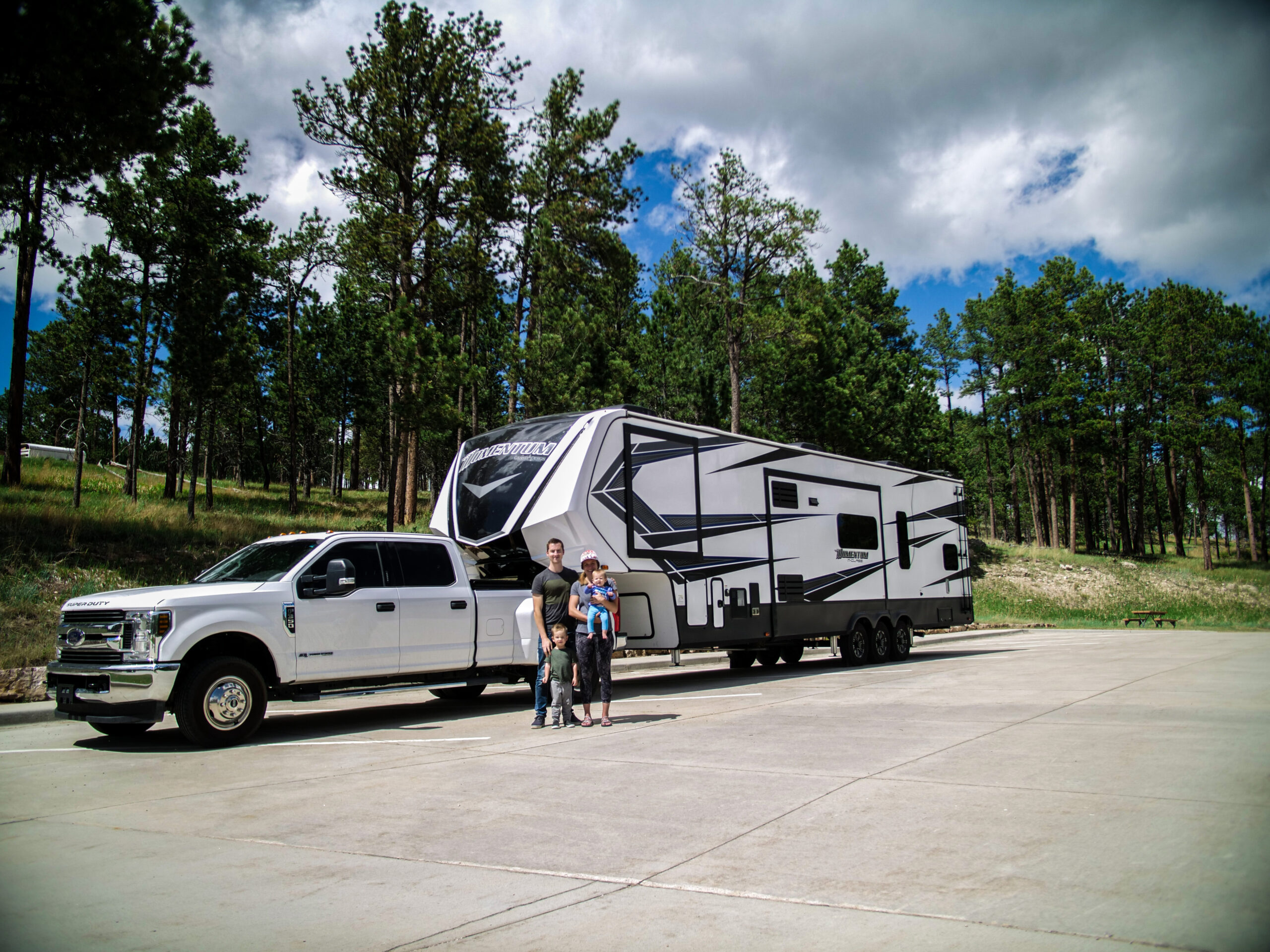Tips For Buying A Used RV

TIPS FOR BUYING A USED RV
For people who love to travel but hate hotel rooms, investing in a recreational vehicle (more commonly known as an RV) can be a perfect solution. After all, hitting the road in an RV allows you to explore new territory or revisit some of your favorite destinations while taking your own living space and personal items with you. If you’re thinking of purchasing one of these vehicles, check out our tips for buying a used RV.
TIPS FOR BUYING A USED RV
Some people buy an RV, fall in love with it, and then decide to upgrade to a bigger or fancier vehicle. Some RV owners decide to switch models to secure specific features that they’re craving. Others choose to trade in their RV to experiment with other adventures. Regardless of their motivation, the result is a healthy supply of used RVs for you to pick from. As you begin shopping, keep these tips for buying a used RV in mind.
CONSIDER YOUR UNIQUE NEEDS
Much like some drivers prefer tiny cars while others demand full-size trucks, RV owners have different ideas about what the perfect RV entails. For those who don’t put a lot of miles on the odometer, the space offered by a larger RV may be worth its fuel-hungry nature. People who frequently want to drive long distances, on the other hand, might consider a cozier living space a fair trade for better gas mileage. Likewise, some travelers may be happy to rough it while others feel that some luxuries (like high-quality wood flooring, extensive entertainment units, and top-notch kitchen appliances) are absolute necessities. Before you begin shopping around, decide what would make a vehicle your ideal RV. Make a list of must-have features, things you would like to have, and absolute deal-breakers.
DO YOUR HOMEWORK
Once you know what you want in an RV, do your homework. Research various models to discover which vehicles best match your needs, desires, and budget. Learn what problems these vehicles are prone to so that you can be on the lookout for them while inspecting potential purchases. Some brands may have longer warranties than others. Additionally check the brands customer service reviews to ensure they have a good track record with customers.
CHECK THE VEHICLE’S HISTORY
When a used RV that fits your profile catches your eye, check its history. Ask the salesperson how many owners the vehicle has had, how often it was driven, and why it’s for sale now. Check how many miles it’s traveled and review its maintenance records and repair history. You can order an RV VIN check through the DMV to ensure you aren’t buying a damaged or stolen vehicle. This is one of our top tips for buying a used RV because delving into a vehicle’s past can help you decide if it’s a good fit for your future travels.
TRY EVERYTHING
Before you buy any vehicle, you’ll want to take it for a test drive, but don’t limit your testing to how well the RV handles when you’re behind the wheel. Try everything. Look over the interior and exterior carefully, including the undercarriage. Push buttons, pull open cabinets, stretch out in the beds, and stand in the shower. A thorough evaluation will allow you to pinpoint potential problems and help you verify that you’ll be able to use the RV comfortably, giving you peace of mind.
BE WARY OF WATER DAMAGE
Water damage is a major headache, and its severity is hard to judge from surface damage. It not only requires expensive repairs but also sets the stage for problems like mold growth. So before buying a used RV, examine the roof, seams, and floors (especially in the bathroom and kitchen) and other surfaces for any sign of water damage. If you find telltale stains or soft spots, you’ll probably want to look elsewhere for your perfect RV.
USE YOUR NOSE
Vision isn’t the only sense that you should be relying on when inspecting a used RV. Your sense of smell is also helpful. A musty odor might signal that mold or water damage is a concern, while strong chemical smells can hint at mechanical issues. Pet odors or the scent of stale cigarettes can indicate that animals and smokers were frequent passengers. Finally, a strong fragrance might be a clue that the seller is eager to hide malodors. A clean, fresh aroma, on the other hand, suggests that the vehicle has been lovingly detailed.
